Weathering Sandy
We at Zombie Survival Crew Command hope that everyone in the areas affected by Hurricane Sandy is hunkered down with supplies in a safe place to ride out the storm. Four of our Commanders, including Red Brigade Sergeant At Arms Amy Sundberg, are in Sandy’s sights. Amy prepared this short recap of her experiences in the early hours of the storm.
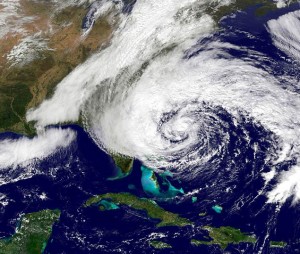 From the National Hurricane Center: Two keys to weather safety are to prepare for the risks and to act on those preparations when alerted by emergency officials. These are essential pieces to the Weather-Ready Nation.
From the National Hurricane Center: Two keys to weather safety are to prepare for the risks and to act on those preparations when alerted by emergency officials. These are essential pieces to the Weather-Ready Nation.
Stationed up here in the Northeast, weather preparedness is not an alien concept. We get snow. Buckets and buckets of the stuff. They don’t call them Nor’easters for nothing! We also get ice, torrential rain, thunderstorms, the occasional earthquake and a zombie or two. At least once a year we are threatened by a hurricane. This year is one of those years when the hurricane threat has become reality and the words “emergency preparedness” are the buzz of the week.
Hurricane Sandy is currently making a mess of the East Coast as I sit safely at home, surrounded by flickering lights and rattling windows. My biggest concern at the moment is the line of tall pine trees towering over the driveway outside. They’ve weathered many a big blow, but rarely without knocking on the shingles or putting a dent in the roof of my car. The reason I’m only concerned about the trees is simple – I’m prepared. Our storm kit is kept in a medium-sized bin in an easily-accessible place where nobody will trip over it. In the event of possible evacuation, the bin can be easily picked up and transported into the back seat of the car.
Note: Your Go-Bag is a completely different matter. That is what you grab when you have to run. Home storm kits aren’t meant to be that portable.
Storm kit items should include:
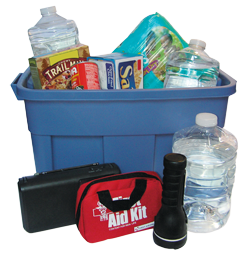 Drinking water – one gallon per person, per day
Drinking water – one gallon per person, per day- Non-perishable food – canned fruit, trail mix, power bars, crackers, pop tarts, anything that is wrapped and doesn’t require cooking or refrigeration. Don’t forget chocolate for emergency stress relief.
- Flashlight and extra batteries
- First aid kit – outdoor kit with a wide variety of supplies is best
- Medium to large garbage bags
- Toilet paper – trust me on this one
- Hand sanitizer and/or handi-wipes
- Battery-powered radio, with extra batteries
Any prescriptions or personal items that you must have should be in a purse, In your go-bag or on your person somewhere. Don’t leave them in anything that can be dropped, lost or left behind. Other things to have ready in case of evacuation: leashes and/or pet carriers for your furry friends, many emergency shelters are pet-friendly now. Also have ready at least one large sleeping bag per adult, one change of clothes, small toys or a couple books for kids, chew toys for the dog, and one for the hubby if he or she seems overly nervous. Get cash. If the power goes out, the ATMs will be down. Don’t stock up on alcohol, I mean the drinking kind. While a hurricane party sounds like fun, you don’t want to be too inebriated to function in an emergency. Save that for after the danger has passed.
On Saturday morning, two full days before Sandy was expected to slap us hard, I took stock of the situation and determined the risk was high enough to warrant a supply run. We were only missing batteries, food items and a can opener, so our mission was clear and simple. Full inventory completed, I departed for WalMart with high hopes. Upon arrival, we could immediately sense the underlying chaos, thanks in part to the storm supplies parked right in front of the door. Camping equipment, first aid supplies, flashlights and batteries, and a big empty space where the generators used to be stacked up.
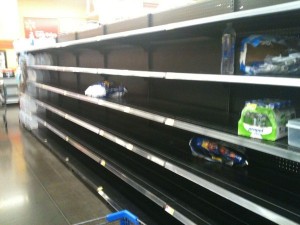 My advice: avoid these “special sale” areas as the storm gets closer. Have you seen The Hunger Games? Remember the violence that ensued during that initial dash for the supplies? Exactly. Make your way around the store quickly, avoiding high-traffic areas and staying away from anything labeled “storm supplies.” That’s where the fights break out. D-batteries are always the first to go. Stock up when you don’t need them, and you won’t be sorry later. If you have the means, invest in a gas-powered generator or a camping stove (outdoor use only) for extended power outage times. Install a water filter on your faucet and fill up empty milk gallon containers to store in a closet. You don’t want to find yourself looking at an empty shelf situation when you realize it’s time to prepare.
My advice: avoid these “special sale” areas as the storm gets closer. Have you seen The Hunger Games? Remember the violence that ensued during that initial dash for the supplies? Exactly. Make your way around the store quickly, avoiding high-traffic areas and staying away from anything labeled “storm supplies.” That’s where the fights break out. D-batteries are always the first to go. Stock up when you don’t need them, and you won’t be sorry later. If you have the means, invest in a gas-powered generator or a camping stove (outdoor use only) for extended power outage times. Install a water filter on your faucet and fill up empty milk gallon containers to store in a closet. You don’t want to find yourself looking at an empty shelf situation when you realize it’s time to prepare.
Once home, storm kit stocked and ready… clean the house. Get the dishes out of the sink, tie up the garbage, put away any food, do a little laundry if you have time. It may seen obsessive or nit-picky, but if you end up having to leave for a few days or more, not having to come home to smelly garbage and airborne bacteria is a wonderful thing. If you don’t have to leave, all the better. Take preventative action ahead of time. You can then sit and indulge in guilty pleasures with zombie movies, video games and romance novels while the storm rages outside. When the power goes out – and it will – drink all the milk before it gets warm and have flashlightsaber battles to pass the time. Stay alert – if there’s damage outside or you think a tree fell on your roof, don’t go out in the storm to take pictures. Stay put, but be ready to leave if you have to- shoes on or within easy reach, wet weather gear by the door.
Most importantly – In the event that the worst happens and a mandatory evacuation is ordered for your area, DO IT. Staying behind during an evacuation order is not only endangers you, it means somebody else may have to put their lives at risk to rescue you if things do get bad. It also means our Commander in Chief will worry herself into a terrible state, and that’s just hard on everyone. Know where the emergency shelters are in your area, know your evacuation route, and have a destination in mind if you have to get out fast. Check out the ZSC’s Disaster Preparedness section for more information about what you should know before, during and after disaster strikes.

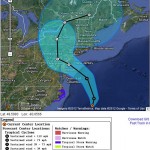
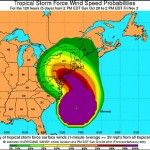
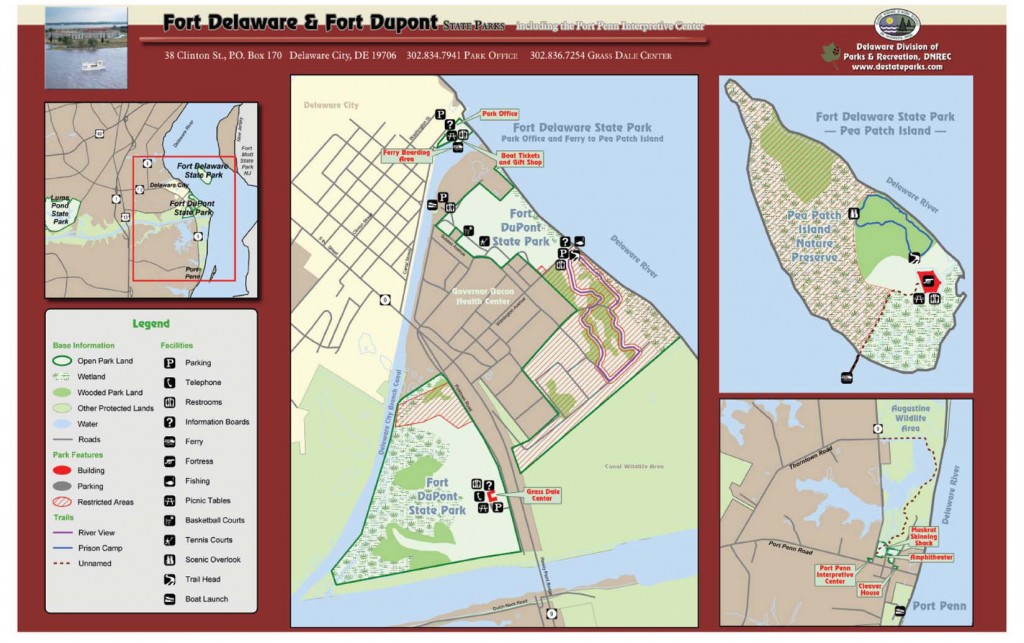
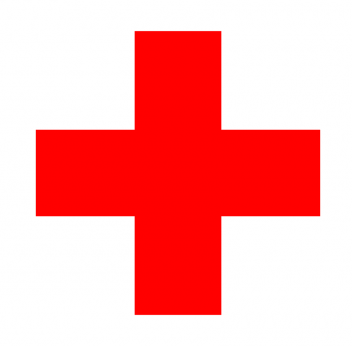 As Hurricane Isaac moves its way across the U.S. Gulf Coast we are reminded, once again, of the importance of pre-planning to manage a manmade, zombie or natural disaster. We here at Zombie Survival Crew command want all our brigade members to be prepared and stay safe whatever disaster hits. Some things are, ultimately, out of our control…but we can all be ready with supplies, plans and contact information to deal with most situations.
As Hurricane Isaac moves its way across the U.S. Gulf Coast we are reminded, once again, of the importance of pre-planning to manage a manmade, zombie or natural disaster. We here at Zombie Survival Crew command want all our brigade members to be prepared and stay safe whatever disaster hits. Some things are, ultimately, out of our control…but we can all be ready with supplies, plans and contact information to deal with most situations.